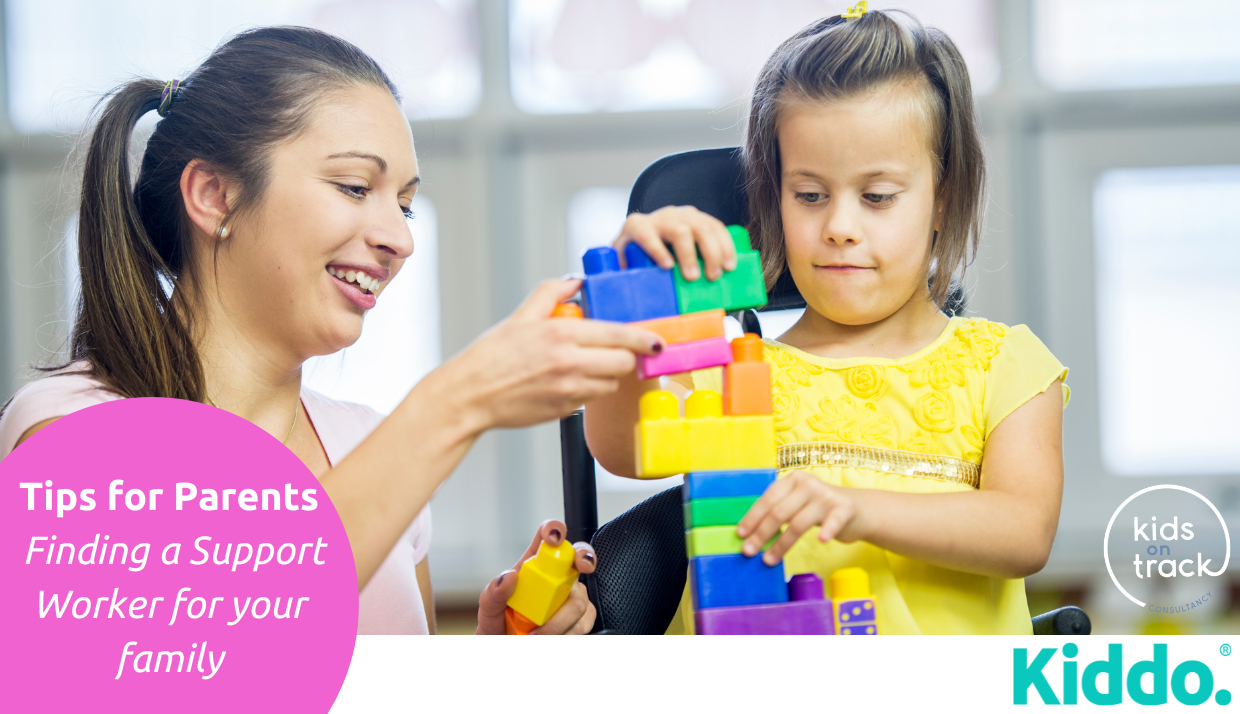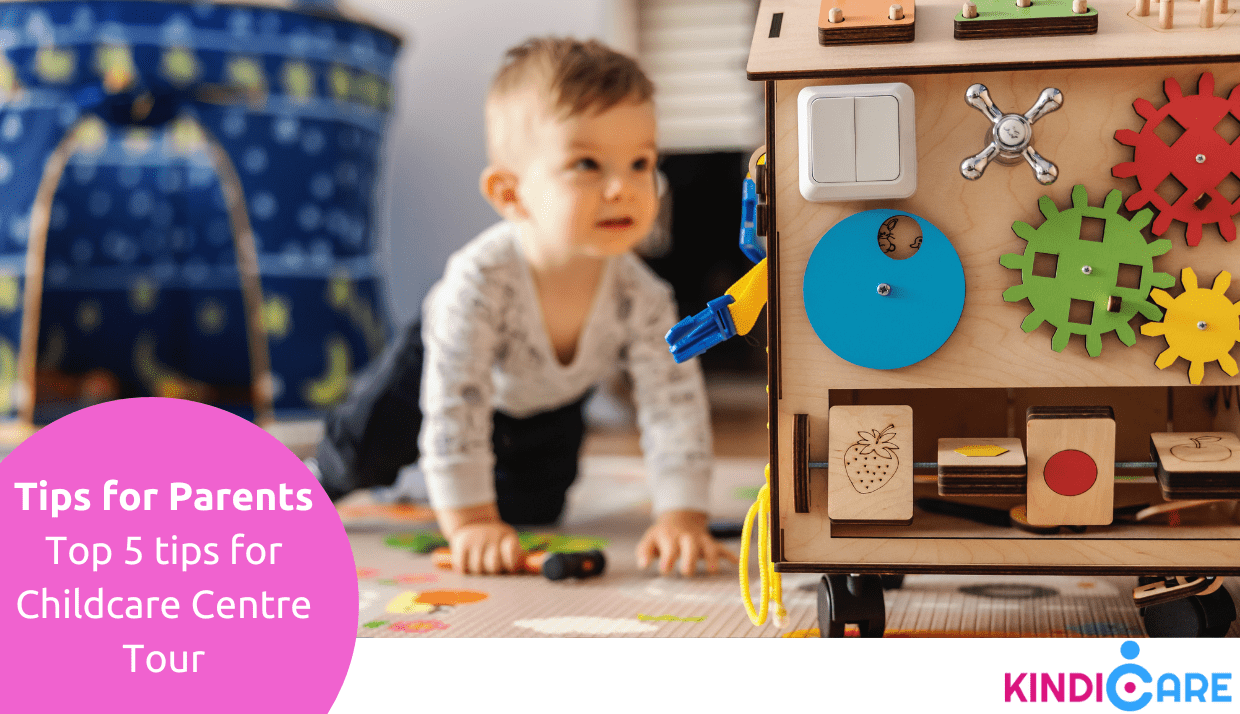Every parent knows the stress of leaving your child with someone new. This challenge intensifies when a child or teenager has a disability or additional needs. Finding a support worker who caters to these needs and engages beautifully with your family is crucial.
This process can be time-consuming and depends on many factors. Using a platform like Kiddo simplifies much of the groundwork, but if you are feeling overwhelmed and desperate to find someone, it can be hard to know where to begin.
Our friend's at Kids on Track can help families with this by looking holistically at your family's circumstances and also your plan. As a support coordinator and disability advocate, their role is to help parents source support workers using their NDIS funding effectively. We've discussed this with Founder and Director Ariella Liew, and here are her 5 top tip for finding the right support worker for your family:

1. Days, Times, and Flexibility
Many support workers assist multiple families, so it's essential to be clear about when you need help. Specify the days, times, and whether you will need assistance outside of these periods. For families juggling complex needs and multiple commitments, flexibility might be a priority.
2. Background Knowledge and Experience
Every child is unique, and each family has different requirements. Prioritise what background and experience you need in a support worker based on your child’s diagnosis and presentation. For instance, do you need someone with an allied health background? Someone comfortable with meltdowns? A person with medical knowledge who can help with feeding or toileting? It may also be helpful to consider personality traits if you plan to train them in specific needs, such as AAC.
3. Defining the Role
Support workers can serve various purposes within a family unit. They often provide the extra pair of hands needed due to their experience with disabilities. Be clear from the outset about what you expect from them during their time with your child. For example, will they need a car for pick-ups or drop-offs? Do you want them to help with homework? Clear expectations help avoid confusion and miscommunication later on.
4. Budget Planning
With ongoing NDIS reviews, funding for support workers for children under 16 is being significantly cut. This means families must plan their “core” funding and support worker hours carefully. Since NDIS reviews for additional funding take time, it’s essential to ensure you don't run out of funds. Plan the number of hours you need and determine what you can afford to pay. For instance, if you need a support worker only on weekends, you may have funding for fewer hours throughout the plan. Discuss budget constraints with the support worker at the start to manage expectations.
5. Building Your Team
Relying entirely on one support worker can be challenging for families. If you need support on several days through the week, consider building a small team that knows your child and their needs well. Introduce new team members gradually to avoid overwhelming your child and ensure continuity during illness, holidays, or if someone leaves.
Finding the right fit for your family is not always easy, but with some advance planning, it’s possible to build a supportive environment for your child and the support workers!
This article was written by Ariella Lew from Kids on Track Consultancy. If you are feeling overwhelmed and aren't sure where to start - Ariella and her team would love to help you find the right supports for your family. You can learn more about their services here or send an email through to admin@kidsontrackconsultancy.com.
Ariella Lew is a highly qualified Paediatric Nurse and the Founder and Director of Kids on Track Consultancy, a private practice based in Melbourne. Her consults both locally and overseas, providing expert advice and management strategies for families requiring support with their child’s behavior, and development. Ariella is a parenting expert and has experience advising on all aspects of parenting including toilet training, discipline methods and family dynamic struggles.
If you enjoyed this article you might also like to read "How Kiddo supports children with ECEI goals through their services and support".





